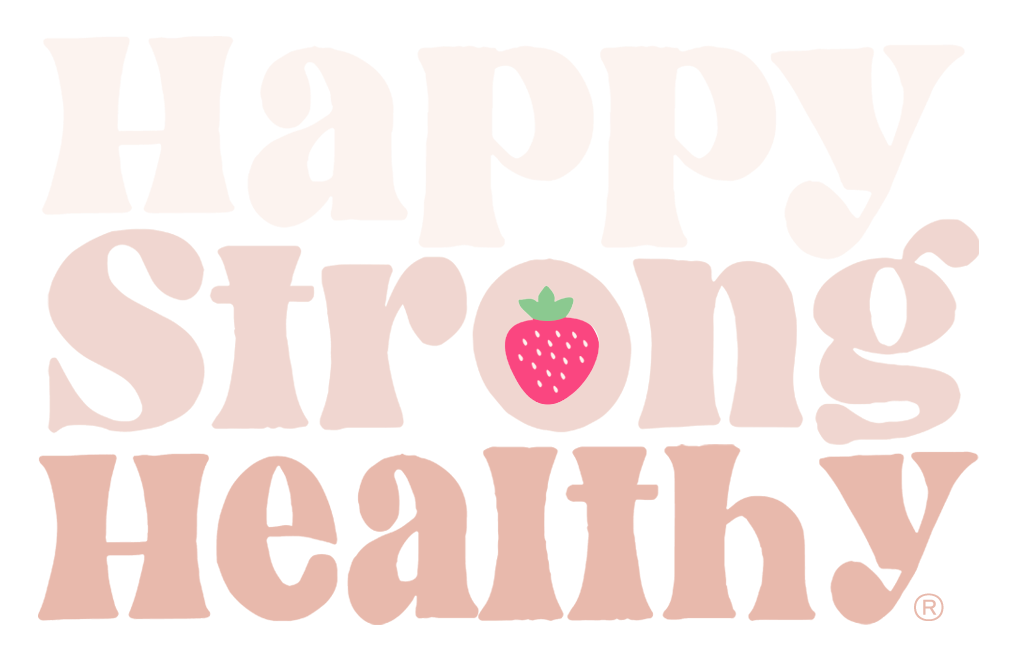Herbalife: Safe or Scam?
As a disclaimer, this post is information based and answers the top questions received about Herbalife Nutrition and the research behind the claims.
Herbalife is a global multi-level marketing corporation that develops and sells dietary supplements. Maybe you know a friend/coworker/family member who either sells or uses Herbalife and loves it. Maybe they’ve asked you a few times to try it and you’re tempted or intrigued. That’s human nature, especially these days with crazy schedules and hustle culture- we all love a good “life hack” and ways to optimize our lifestyle. But like most things in life, slow and steady wins the race, and the quick fix is not always the solution. Hear me out- there are quite a few layers here.
First, your friend/coworker/family member may really love the products but they also may be using this as a side hustle. We love a good side hustle but Herbalife is not the answer. According to the Federal Trade Commission (FTC) in an article from March of this year, the FTC is mailing its third round of checks after a major lawsuit with Herbalife totaling more than $4.2 million to people who lost money by investing in Herbalife1. This suit required Herbalife to restructure the company and lead with transparency about the reality of income possible through selling the product2. Often Herbalife products are masked as “nutrition clubs” that are “small businesses” and sold in trendy boutique smoothie shops. The Herbalife Nutrition shops are usually not as easy to spot right away. You’ll know by identifying the products; often bright colored teas with many flavors of protein shakes. These drinks often have extravagant names providing calorie counts and stickers on the cup promising weight loss. Still, at its core, it’s a multi-level marketing scheme that has been sued for unfair compensation practices.
Second, I’d like to address the health and safety concerns of Herbalife and all supplements. Generally speaking, dietary supplements are not regulated by the Food and Drug Administration(3) (FDA) and should not be taken without the consultation of a physician. Taking unsupervised and unneeded dietary supplements puts you at risk for toxicity, food and medication interactions, and other adverse side effects. As a reminder: always consult your doctor before taking any supplements.
Speaking of Herbalife supplements specifically, studies dating back to 2007 show a direct cause of liver damage and liver failure. Specifically, cirrhosis, hepatotoxicity, cholestatic and lobular/portal hepatitis, and acute liver injury(4,5,6). The damage caused to the liver by herbal products more frequently is caused by an adverse reaction to medication but also often from toxic levels of various herbal products or supplements4. In one case the Herbalife products were tested for pesticides, metals, chemicals, and bacteria. The testing found bacillus subtilis, which can cause nausea and diarrhea(7), which was discovered in the testing of the two patients and is linked to their hepatotoxicity or liver injury. Our liver is responsible for removing toxins from the body’s blood supply, regulating healthy blood sugars, and is responsible for blood clotting among other vital functions such as storing fat-soluble vitamins and playing a role in protein synthesis8.
Finally, replacing meals with shakes is not necessarily “healthy”. The key to nutrition and lifestyle changes is long-term, sustainable practices that leave your body and soul nourished. Research shows us that “meal replacement plans are effective tools for weight loss and improvement of various clinical characteristics but not sustainable due to the severe energy restriction”(9). Shakes might be suitable as an on-the-go snack, but they are not an adequate substitute for a meal. Part of our body's response to food is the experience, the smells, textures, and feeling of satiety and not to mention the nutrient profile of foods. If you’re on the go and expect you’ll need a quick nutrient-dense solution:
pack snacks ahead of time
keep your favorite protein bar whole fruit, pretzel trail mix, or nuts in your bag
pack a cooler of fruits and veggies with a dip such as guacamole or hummus, cheese stick, hard-boiled eggs, or a yogurt squeeze.
When it comes to nutrition and health, there’s no quick fix. Always question any “magic solution”, check with your physician before taking any supplements (pills, shakes, or teas), and remember that food should be fun and something you enjoy. If you struggle with this, you’ve come to the right place! Check out our private coaching and group offerings and browse the resources in the blog. We’re here for you!
Sources:
Written by Delayna
Hey, I'm Delayna!
I’m an RD-to-be, college cheer coach, yoga instructor, and food and fitness lover. As an intern at HSH, I hope you find this blog and the resources available with HSH supportive on your journey to your most nourished and happiest self! Learn more about the HSH offerings here.









































February is American Heart Month, and as a registered dietitian, I want to share my secret heart-healthy tip with you: consider adding Florida Orange Juice to your daily routine!